
The State of New York has a procedure for approving egg donation that is very similar to that in other states. Women complete in-depth questionnaires about their personal, medical, sexual, social, and work history. They disclose important facts about their jobs, lifestyle, education, and hobbies. If the initial application is approved, then there is a medical exam, including testing for sexually transmitted diseases. The prospective egg donor is interviewed by a psychologist and by a genetic disease specialist. After the donor is approved, she is given injections to encourage the release of multiple eggs in a single cycle. The recipient is also given injections to prepare her uterus to receive the fertilized egg. For about two weeks, the prospective egg donor makes nearly daily trips to the fertility center to monitor the maturation of the follicles holding the eggs to be collected. She gives herself injections at home to induce ovulation.
Federal law requires that egg donor be retested for sexually transmitted diseases immediately before the egg is collected. Eggs are collected while the donor is under anesthesia, and there is a follow-up exam about two weeks later. A unique feature of New York state law is that, in addition to the informed consent of the egg donor to the required medical procedures, there are formal, written, binding agreements signed by all parties to the donation. The egg donor, surrogate, and prospective parents all sign binding agreements that establish the legal parentage of the child conceived. Women who donate their eggs do not necessarily give up all rights to contact the child, but this is only permitted by prior arrangement in a directed donation.





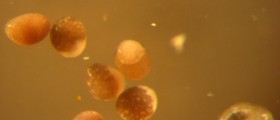



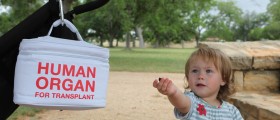

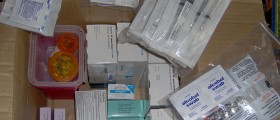



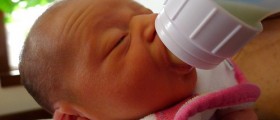
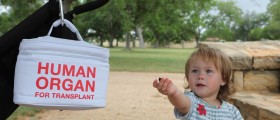
Your thoughts on this
Loading...